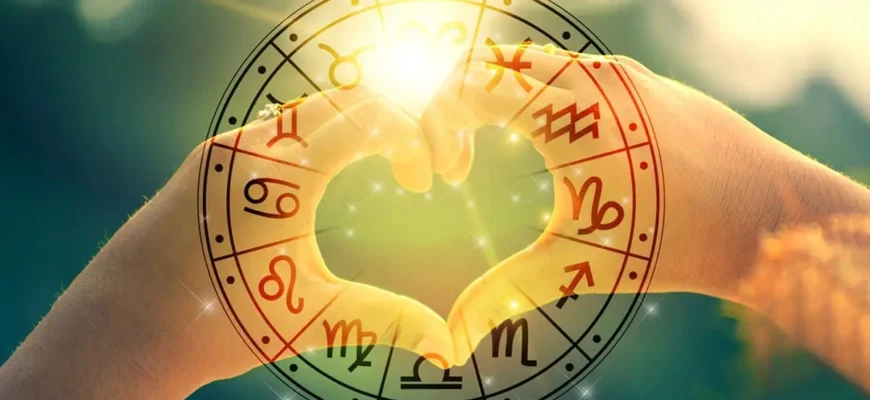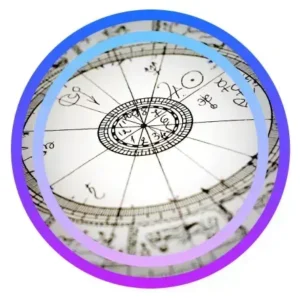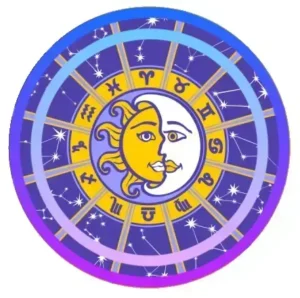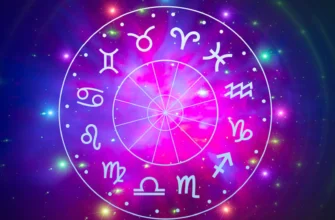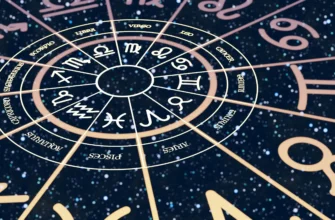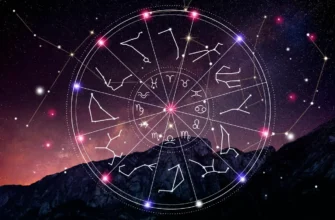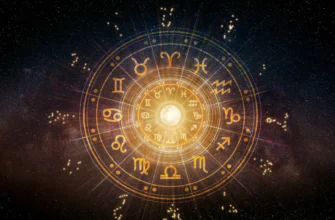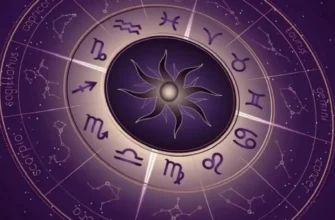The houses in a synastry chart operate like emotional “rooms” where partners meet, collide, or heal. When someone’s planets activate one of your houses, they awaken specific emotional responses—sometimes comforting, sometimes unsettling. This is why house placements are central to relationship synastry and synastry chart interpretation. For example, planets in the Fourth House tap into childhood imprints and emotional memory, while planets in the Tenth House influence aspiration, achievement, and public identity.
These overlays help explain the psychological tone of a relationship in ways zodiac signs alone cannot. In birth chart compatibility, house energy reveals how partners influence each other’s inner world and daily life: whether they create stability, ignite ambition, or challenge emotional boundaries. Understanding this dynamic deepens insight into zodiac compatibility, showing not just attraction but the long-term emotional landscape of the relationship. By exploring the houses’ energy, couples gain a clearer picture of how their connection evolves—and why it feels the way it does.
In the astrology of relationships, the synastry chart reveals not just how two people connect, but where that connection manifests most deeply through the houses in astrology. While planetary aspects describe the dynamic between two individuals, the houses show which areas of life are activated when their energies combine. In synastry, each house has a unique meaning in astrology: the Fifth House sparks romance, creativity, and passion; the Seventh House governs commitment and long-term partnerships; the Eighth House uncovers intimacy, transformation, and shared power; while the Eleventh House fosters friendship, ideals, and mutual goals. These placements illuminate how two souls intertwine—whether through love, shared dreams, or personal growth.
The planets in astrology serve as the main transmitters of energy, and their position within another person’s houses reveals where that energy is felt most strongly. For instance, when someone’s Sun falls in your Seventh House, their presence may naturally awaken your desire for partnership and balance. When their Venus touches your Fifth House, romantic attraction often flourishes effortlessly. By studying these placements, astrologers can decode compatibility at a profound level, bridging emotional, psychological, and even spiritual dimensions of human connection. Understanding how houses operate within a synastry chart transforms relationships into a conscious journey—where love becomes not just chemistry, but a path toward self-awareness and mutual evolution.
The Eleventh House: Friendship and Shared Aspirations
We often focus on the fifth and seventh houses when exploring love and romance, but the eleventh house also plays a vital role in long-term compatibility. If your partner’s personal planet – or even their Ascendant – falls into your eleventh house, the relationship often begins with genuine friendship and shared ideals.
The eleventh house is associated with companionship, vision, and mutual support. It represents hopes, wishes, and the future-oriented goals that drive personal evolution. In a synastry chart, a planet placed here from the other person’s chart suggests that they may help you achieve your dreams or open doors to new opportunities.
In marriage or long-term partnerships, maintaining friendliness and mutual respect is crucial. The eleventh house, much like Aquarius, values freedom and equality. This placement indicates a relationship that grows through encouragement, shared purpose, and progressive thinking.
Sexual Energy in the Fifth and Eighth Houses
In astrology, both the fifth house and eighth house are linked to sexuality – but in distinctly different ways.
The fifth house represents romantic attraction, sensual playfulness, and emotional warmth. When someone’s planets fall into your fifth house, they awaken your inner child and your capacity for joy, flirtation, and creative expression in love. It’s the energy of spontaneous affection and pleasure.
The eighth house, however, runs deeper. It’s connected to emotional intimacy, transformation, and psychological merging. Planets here can stir passion and desire, but also expose fears of loss or control. Sexual energy in the eighth house often becomes a vehicle for healing and catharsis, merging two psyches in profound, even transformative ways.
In short, the fifth house is about romantic play – the eighth house about emotional rebirth through connection.
The First House: Personal Magnetism and the Power of Presence
The first house in synastry has a powerful influence on attraction. It governs self-expression, appearance, and how one projects energy into the world. When another person’s planet falls into your first house, they tend to awaken your sense of identity or change how you perceive yourself.
Because the first house directly opposes the seventh house of partnership, planets here naturally affect relationship dynamics. A strong first house or planets conjunct the Ascendant amplify personal initiative, independence, and physical vitality.
Even planets technically located in the twelfth house but within ten degrees of the Ascendant often act as first-house influences – impacting how one presents themselves and interacts with others. If your seventh house is empty but your first house is dominant, your life focus leans toward independence and self-discovery.
Libra Rising and the Paradox of Dependence
Those born with Libra rising experience a fascinating paradox: the sign of partnership lies in the house of individuality. Libra rising individuals often define themselves through relationships – they seek balance and self-awareness through the mirror of another person.
This dynamic can feel contradictory: the need for connection versus the desire for independence. However, it’s not a flaw – it’s a lifelong lesson in maintaining equilibrium between self and other.
Similarly, individuals with a seventh house Sun or Moon, or those with strong Libra placements, often understand themselves best through partnerships. Whether in marriage, counseling, or close collaboration, their self-expression and emotional fulfillment are awakened through one-on-one relationships.
The Eternal Tension Between the First and Seventh Houses
Astrologically, the first and seventh houses form one of the most significant polarities in the birth chart – the axis of self versus other. When planets fall across this opposition in a synastry chart, they generate a dynamic interplay between independence and companionship.
This tension creates an ongoing inner dialogue: “I want closeness, but I also need space.” Such individuals crave partnership yet resist dependency. The push and pull between these opposing forces often becomes the central theme of their relationships, shaping both conflict and growth.
Rather than a flaw, this polarity represents the essence of relational balance – learning to love without losing oneself.

